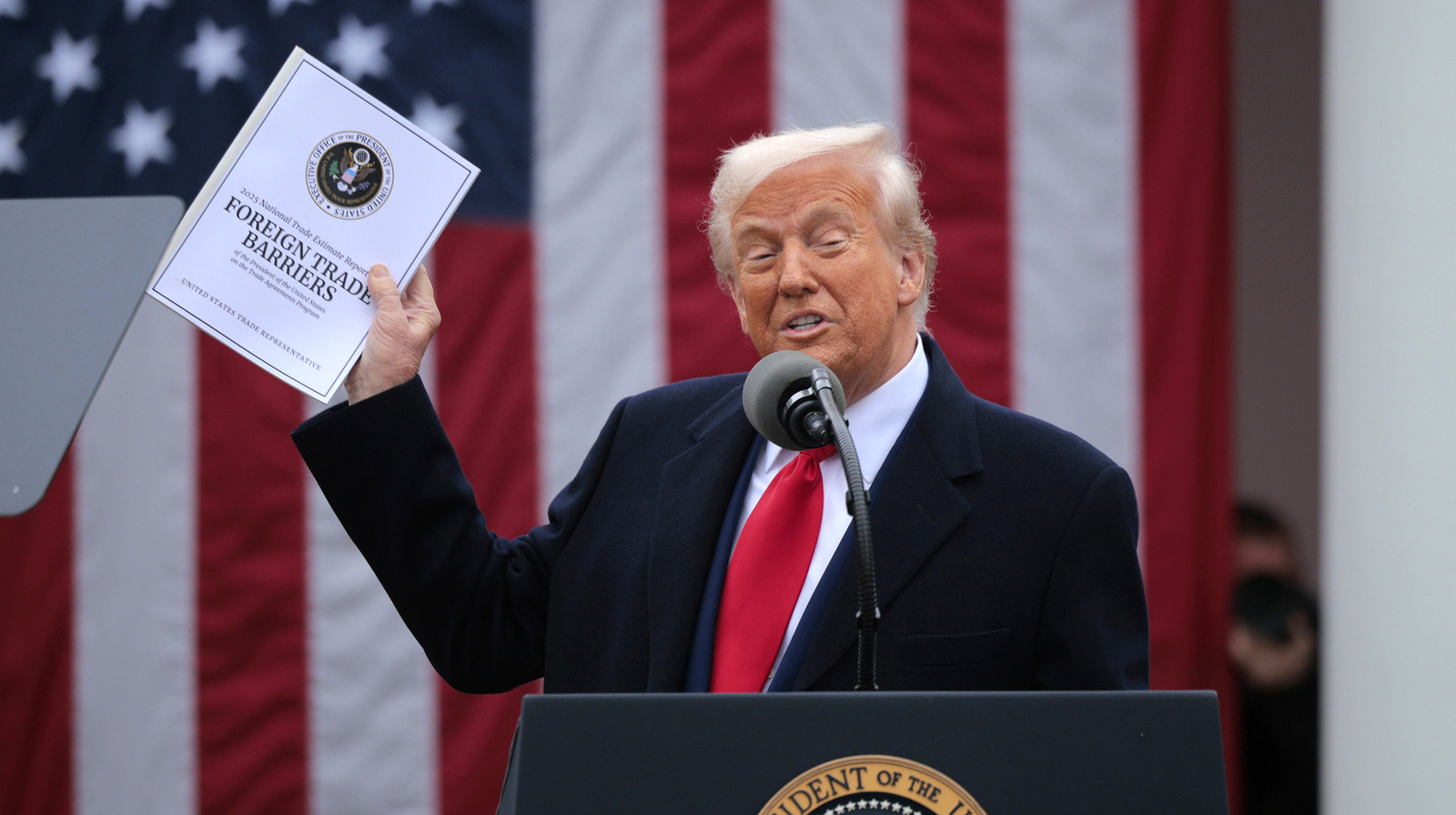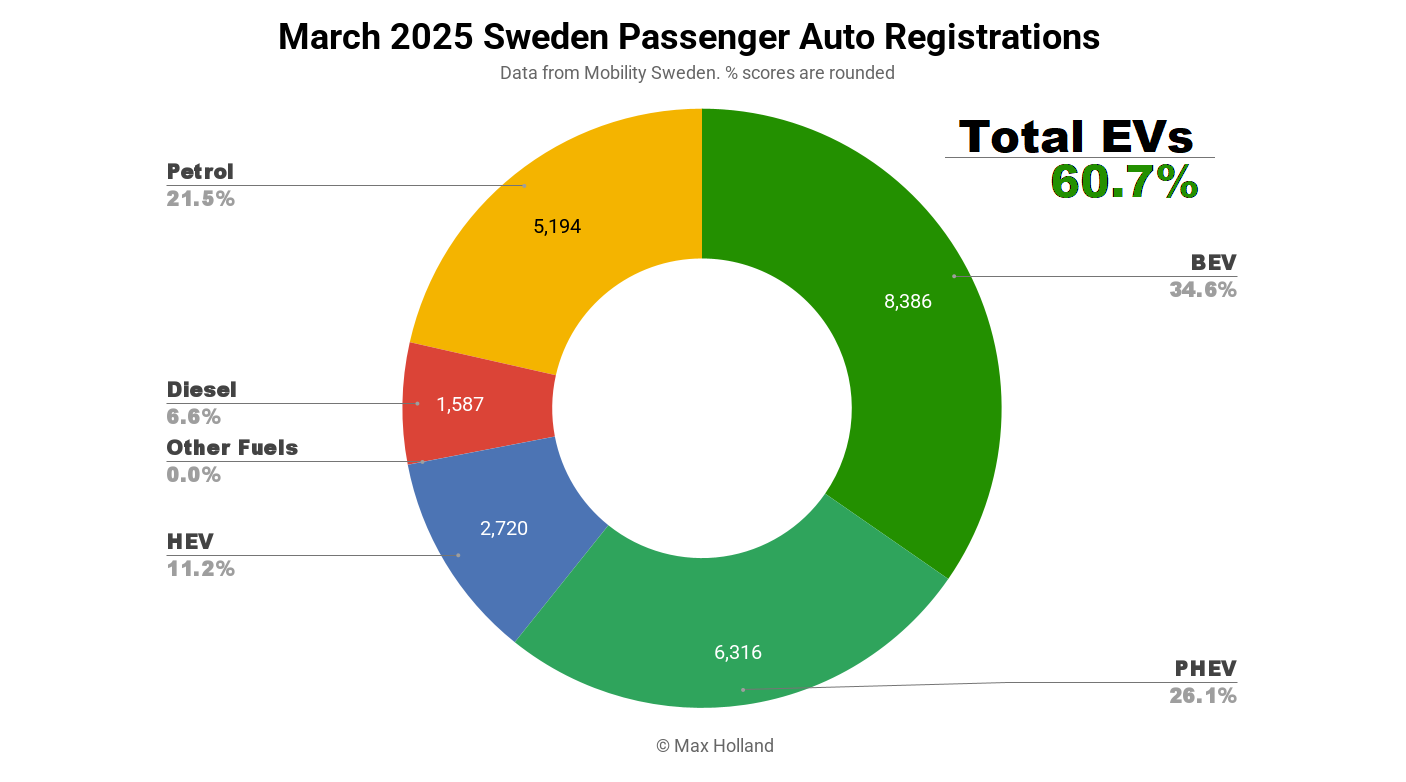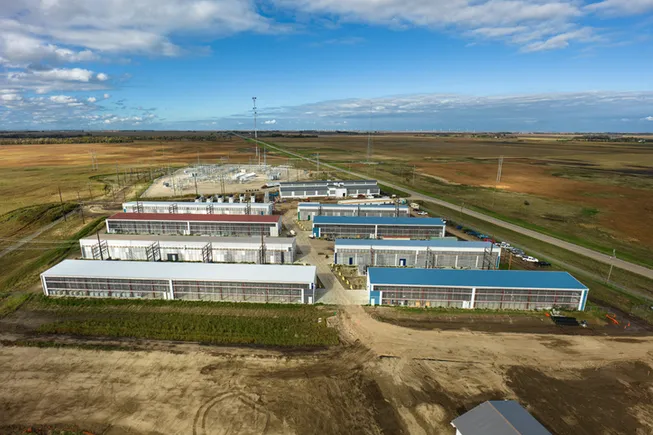Truckload volumes and bond yields say recession, not inflation, the bigger risk
Ten-year Treasury yields fell below 4% in a classic flight to safety. The post Truckload volumes and bond yields say recession, not inflation, the bigger risk appeared first on FreightWaves.

The U.S. economy finds itself at a crossroads following President Donald Trump’s dramatic announcement of sweeping new tariffs on imports. While some economists fear the tariffs could stoke inflation, key economic indicators – including bond yields and truckload volumes – are flashing warning signs that a recession from suppressed consumer demand and business activity may be the more pressing concern for policymakers and investors alike.
On Wednesday, Trump unveiled what he called “the steepest American tariffs in a century,” imposing a minimum 10% duty on all exports to the U.S. Additionally, the administration slapped even higher tariffs on some 60 nations identified as having large trade imbalances with the United States. The scale and scope of these new trade barriers caught many off guard, with economists warning they could easily knock 1% to 1.5% off U.S. GDP growth and send goods prices through the roof.
But rather than sparking fears of runaway inflation from higher import prices, the bond market is signaling deep concern about economic growth prospects. The yield on the benchmark 10-year Treasury note plummeted below 4% on Thursday for the first time since October, dropping as much as 13 basis points in a single day.
This precipitous fall in yields reflects a flight to safety among investors suddenly worried about recession risks. When economic uncertainty spikes, traders often pile into government bonds, driving up prices and pushing yields lower. The fact that 10-year yields have fallen this sharply suggests bond traders see a higher likelihood of economic contraction than of persistent inflation.
Indeed, money markets are now pricing in a 50% chance that the Federal Reserve will deliver four quarter-point interest rate cuts this year, with the first reduction expected as soon as June. This represents a remarkable shift in sentiment from just days ago, when most analysts expected rates to remain on hold throughout 2025.
“The bond market is keying off of the negative growth impact rather than any inflation concern from the new tariff regime,” explained Jack McIntyre, portfolio manager at Brandywine Global Investment Management. He added that “the odds of recession are increasing given the timing of tariffs and tax policy.”
This gloomy bond market outlook aligns with other indicators suggesting softening economic demand. Notably, data on freight volumes paint a concerning picture. The Outbound Tender Volume Index, which measures requests for truckload capacity, has averaged nearly 9% lower year over year since mid-February. This decline in trucking demand often serves as an early warning sign of broader economic weakness.

The Outbound Tender Volume Index represents the volume of truckload shipments electronically tendered by shippers. (Chart: SONAR. To learn more about SONAR, click here).
While intermodal volumes have shown more resilience, growing at a 5% rate since the start of the year, the sharp drop in truckload demand has not been fully offset. This indicates that downstream consumption may be weaker than headline figures suggest. As one industry analyst noted, “sustaining inventory growth without an increase in consumption is not viable” in the long run.
The confluence of plunging bond yields and softening freight volumes reinforces the argument that recession risk, not inflation, should be the primary focus for policymakers in the coming months. While the Federal Reserve has spent much of the past year battling inflation, these latest signals suggest they may soon need to pivot toward supporting economic growth.
Some argue the tariffs could still stoke inflationary pressures in certain sectors. However, the broader macroeconomic impact appears tilted toward slower growth and even recession risk. Bob Michele, global head of fixed income at JPMorgan Asset Management, was blunt on Bloomberg TV: “It looks like we’re cruising to recession now unless things change.”
For investors and policymakers alike, the days and weeks ahead will be crucial in determining whether these recessionary signals prove prescient or premature. Friday’s jobs report will provide an important gauge of labor market health, while upcoming corporate earnings and guidance will shed light on how businesses are navigating the suddenly treacherous economic waters.
What is clear is that Trump’s tariff bombshell has dramatically reshaped the economic outlook. While inflation remains a concern, the sharp reaction in bond yields and worrying trends in freight volumes suggest the greater threat may be a significant slowdown in growth.
The post Truckload volumes and bond yields say recession, not inflation, the bigger risk appeared first on FreightWaves.




















































































































































































